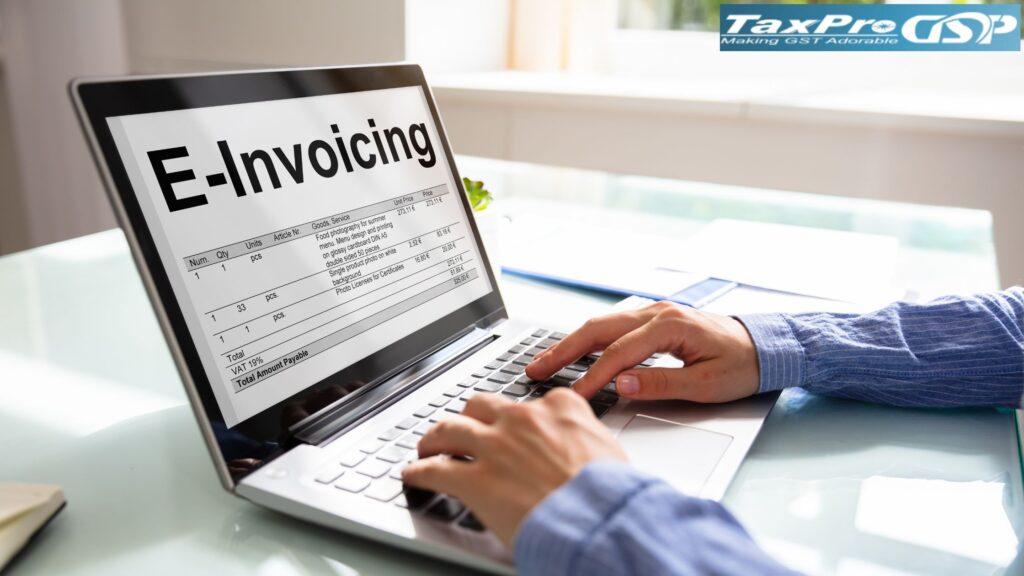Multi-factor authentication for using the updated versions of the E-Way Bill and E-Invoice Systems will be obligatory for all the taxpayers from April 1 next year. There will also be new provisions for the e-way bill generation. Let us learn about the upcoming changes in GST provisions.
Implementation Timeline for MFA
Starting January 1, 2025, MFA in GST for eInvoice will become mandatory for the taxpayers with AATO (Aggregate Annual Turnover) exceeding Rs 20 crores. For taxpayers with AATO exceeding Rs 5 crores, from February 1, 2025, and from April 1, 2025, for all other users, as per the advisory.
Currently, MFA is obligatory with an AATO exceeding Rs 100 crores as of August 20 last year and optional for those with Rs 20 crores exceeding AATO since September 11, 2023.
The Importance of Mandatory Multi-Factor Authentication in GST
The GST system is vital for businesses to manage taxes and ensure compliance. MFA adds an extra layer of protection. Here’s why MFA is important in GST.
1. Prevents Fraud
With MFA, only authorized users can log in to account. It reduces the risk of fraud and misuse of GST accounts.
2. Protects Sensitive Data
GST accounts hold important data, like business transactions. MFA ensures this data is safe from unauthorized access.
3. Builds Trust
A secure system builds trust among taxpayers. It shows that the government is taking steps to protect businesses.
4. Promotes Digital Safety
MFA teaches users better security habits. It encourages businesses to adopt more secure practices in other areas too.
5. Easy to Use
MFA is simple and quick. Users just need a password and an OTP sent to their phone or email.
6. Mandatory for All
Starting April 2025, MFA will be required for all GST users. Businesses need to prepare now to avoid issues later.
E-Way Bill Updated Regulations
According to the latest advisory, the generation of e-way bills will be limited to documents dated within 180 days from the date of generation. Additionally, the extension period for e-way bills will be restricted to a maximum of 360 days from the original document date. For example, an e-way bill generated on 1 January can only be extended until December 25, 2025.
Restricting the e-way bill generation to 180 days and capping extensions to 360 days from the original document date will be significant in curtailing malpractices. These measures aim to address the misuse of backdating and forward dating of the GST invoice for tax evasion, late GST payments, or inventory misrepresentation.
Conclusion
Taxpayers must adapt to these MFA requirements to ensure compliance. There may be need to adjust internal processes to align with the major GST changes. Mandatory MFA is a big step for GST security. It keeps accounts safe, prevents fraud, and protects sensitive data. By using MFA, businesses can feel more secure while managing their taxes.


